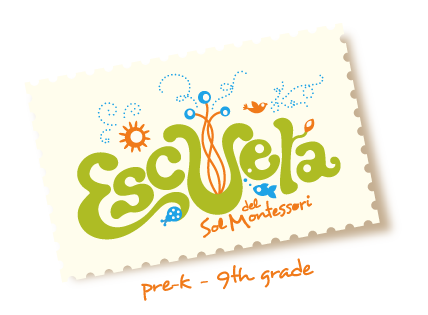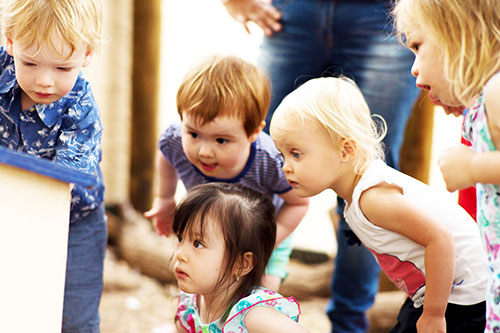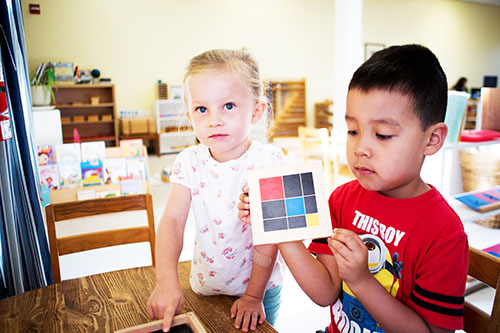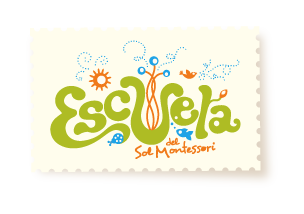By Sarah Louderbough
Elementary Program Coordinator and Jr. High Support
To say this year is unusual is a bit of an understatement. Words like “pivot” and “adapt” have taken on lives of their own. There have been inspiring and valuable conversations about finding opportunities amidst challenges and leaning into our strengths. While it is true that positive change can come from these difficult times, it is also important to acknowledge disappointment, sadness, and loss.
As we were preparing for school to open, setting up classrooms and making plans for new systems and procedures, we took time here and there to process and grieve. I don’t know that we were fully conscious of it at the time, but being able to express sadness, frustration, and disappointment was important in helping us move into a space of generative creativity. At our first staff meeting, over Zoom of course, we were gleaning insights and advice from summer teachers. How lucky we are to be able to learn from the experiences of others.
I remember Ms. Joslynn expressing how difficult it was to do things for children that she knew they could do for themselves – preparing and serving food, cleaning up and putting work away. This is completely antithetical to Montessori philosophy! She described the internal struggle and the shift she had to make. Ultimately, we know it is best for children to be at school – to have experiences in the real world; to have interactions with other people; to use their hands and minds to explore, engage, and act. So, even though they are capable of serving themselves, we will do it for them if it allows us to be together on campus.
In the grand scheme of things, having to graduate over Zoom, missing treks, and the absence of trips are all minor losses. But for students who have been at Escuela for most of their lives, missing the celebration, speeches, hugs and high fives is significant. For students who have watched groups fundraise and plan for 6th year trips, who have heard stories and seen pictures of great adventures, and know that this culminating experience is not going to be a part of their capstone year of Elementary – this loss feels HUGE. It feels significant because it is significant. Perhaps before we ask our students to count their blessings and think creatively about what they could do instead of travel, we should just be mad and sad and disappointed with them. It’s not fair!
Adults like to pretend that we don’t whine, grumble, and groan; that we just turn lemons into lemonade and focus on silver linings. But we also know that there are times when crying on a compassionate shoulder can be the release that clears the air and helps us shift perspective, and spring into action.
Over the past six looooong months, some of the most valuable opportunities we’ve been given involve modeling for our children – grace under pressure, patience when exhausted, flexibility in the face of continuous changes. What if we encouraged ourselves and our children to express sadness and frustration about our challenges and disappointments in ways that help us release and shift. What if we shared some of the ways we have learned to process sadness and disappointment, allowing just a bit more time before moving into acceptance and problem solving.
At the start of the year, Ms. Sharayah set a wise mantra for the first weeks of Senior El that may just apply to the whole semester for all of us: Slow Down; Breath. Dr. Montessori recognized orientation as a fundamental human need, and in my experience, it has numerous components – physical, cognitive, social, and emotional. We are finishing the fifth week of school and in many ways the children have been adapting more easily than adults, which is not all that surprising. Perhaps this is because they are often more patient and generous with themselves than adults tend to be. Perhaps it is also because they don’t often hesitate to express frustration and disappointment. Perhaps there is opportunity here for mutual teaching and learning – let’s grieve together, process and release, then orient ourselves to be able to seize opportunity and think creatively about challenges as they arise.






